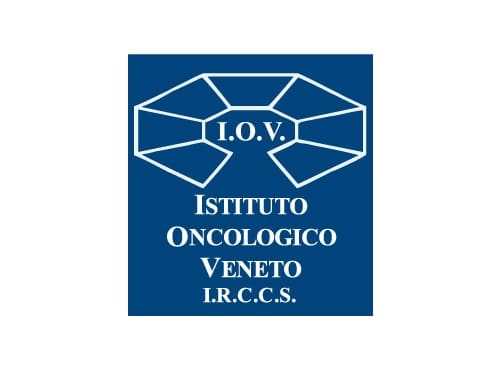



Le leucemie ed il linfomi a cellule T sono tumori del sangue rari ma aggressivi, che possono essere molto difficili da trattare, soprattutto quando la malattia si ripresenta dopo la terapia iniziale.
Il progetto PNRR-POC-2023-12377326, guidato dal Prof. Vincenzo Ciminale, mira a trovare nuovi modi per trattare questi tumori, prendendo di mira le vulnerabilità specifiche delle cellule tumorali senza danneggiare le cellule sane.
I ricercatori del consorzio hanno scoperto che le cellule leucemiche a cellule T sono particolarmente vulnerabili all’azione tossica di molecole note come “specie reattive dell’ossigeno” (ROS). Infatti, le cellule tumorali a differenza delle cellule sane fanno affidamento su specifici sistemi antiossidanti per sopravvivere ad alti livelli di ROS, una differenza che apre la strada a terapie selettive per le cellule leucemiche. Questo approccio, soprattutto se combinato con un farmaco esistente chiamato Venetoclax, si è dimostrato molto promettente nell’uccidere le cellule tumorali lasciando intatte le cellule sane. Interrompendo queste difese antiossidanti, in particolare bloccando un processo chiamato via del pentoso fosfato (PPP), il team mira a rendere le cellule tumorali più sensibili al Venetoclax e ad altri farmaci che innescano la morte cellulare.
Per avvicinare questa ricerca allo sviluppo di nuove cure per i pazienti, i ricercatori del progetto:
- Testeranno nuove combinazioni di farmaci che alterano i sistemi antiossidanti delle cellule tumorali, rendendole più facili da distruggere.
- Utilizzeranno strumenti avanzati per comprendere perché alcune cellule tumorali resistono al trattamento e come superare questa resistenza.
- Testeranno le combinazioni di farmaci più promettenti su topi in cui sono state impiantate cellule tumorali umane per vedere quali trattamenti potrebbero essere più efficaci nei pazienti.
Questa ricerca riunisce due team con una solida esperienza nella lotta contro i tumori a cellule T e utilizza campioni di pazienti e tecnologie all’avanguardia per accelerare le scoperte.
L’obiettivo del progetto è sviluppare trattamenti più efficaci e, in ultima analisi, offrire nuove speranze ai pazienti colpiti da queste malattie.
T-cell leukemia and lymphoma are rare but aggressive types of blood cancer that can be very difficult to treat, especially when the disease returns after initial therapy.
The PNRR-POC-2023-12377326 project, headed by Prof. Vincenzo Ciminale, aims to find new ways to treat these cancers by targeting the unique weaknesses of cancer cells without harming healthy cells.
Researchers from the project consortium have found that T-cell leukemia cells are especially vulnerable to the toxic action of molecules known as “reactive oxygen species” (ROS). In fact, cancer cells rely heavily on specific antioxidant systems to survive high levels of ROS, compared to healthy cells, a difference that opens a window to selectively attack leukemia cells. In early lab studies, this approach—especially when combined with an existing drug called Venetoclax—has shown great promise in killing cancer cells while leaving healthy cells unharmed. By disrupting these antioxidant defenses—specifically by blocking a process called the pentose phosphate pathway (PPP)—the team aims to make cancer cells more sensitive to Venetoclax and other drugs that trigger cell death.
To move this research closer to helping patients, the project’s researchers will:
- Test new drug combinations that upset the cancer cells’ antioxidant balance to make them easier to kill.
- Use advanced tools to understand why some cancer cells resist treatment and how to overcome this resistance.
- Test promising drug combinations in mice implanted with human cancer cells to see which treatments might work best in patients.
This research brings together two expert teams with a strong history in fighting T-cell cancers and uses patient samples and cutting-edge technologies to speed up discoveries.
Their goal is to develop smarter, more effective, and less harmful treatments—and ultimately, to offer new hope to patients and families affected by these challenging diseases.
Per informazioni relative al Piano nazionale di ripresa e resilienza (PNRR) consulta il portale ItaliaDomani e il portale dedicato alla Missione Salute.
